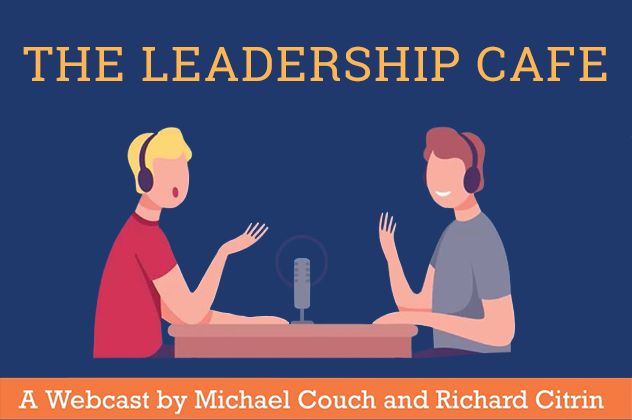I am inspired this week by a beautiful essay by Esau McCaulley in the New York Times on how “poverty is the great thief of time.” He shares how his mother worked the overnight shift at Chrysler, meaning that friends and family cared for him and his siblings. Her dedicated hard work brought success for her kids but at the cost of time spent with them.
Even as McCauley found success as a writer and speaker, he still finds himself in a place of time poverty because of his self-imposed expectations of what is essential, which he considered to be work. When his 12-year-old daughter asked him to stay home from a business trip, he asked her if she would like 20 percent more stuff or 20 percent more time with him, her answer was quick and sharp, “time with you or more stuff? Time. Where would I put all that stuff anyway?”
Regardless of what our kids desire, getting away from our expectations and demands for success is difficult. It is one of the critical questions of this decade. How we can live a full life of meaningful and rewarding work and joyful time at home. While poverty is perhaps the ultimate thief of time, one that affects all of us is worry and anxiety.
In the true story, Bridge of Spies, Tom Hanks portrays lawyer James Donovan who is asked to defend a Russian spy, Rudolph Abel, played by Mark Rylander. Abel faces a possible death sentence for his crime, but he is unperturbed by that prospect. When Donovan asks him if he is worried about the electric chair, he turns to his attorney and, with a genuine look of interest, asks, “Would it help?”
Much of my client’s work revolves around what “could” happen rather than what is happening. We imagine all kinds of scenarios for situations (usually focusing on the worst outcomes), which leaves little time or energy to focus on what will correct the problem or even provide an outcome more desirable. In a bizarre twist, I’ve even seen clients create negative perspectives visiting their worst wishes and then seeing them come true,
When asked about the silver bullet for resilience, my answer is always the same. Mindset and how we see the world. Mrs. McCaulley had a difficult life, but she kept her eye on the ball, overcame her adversities, and created a life with time wealth for her children. In the end, we might say that used her time well.
Ó Richard Citrin, 2023
